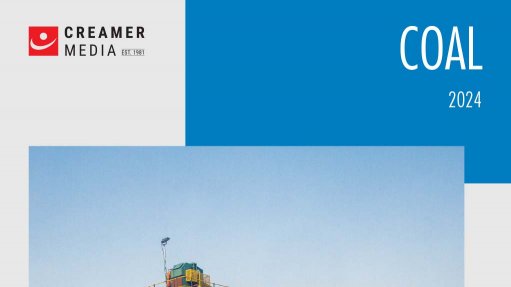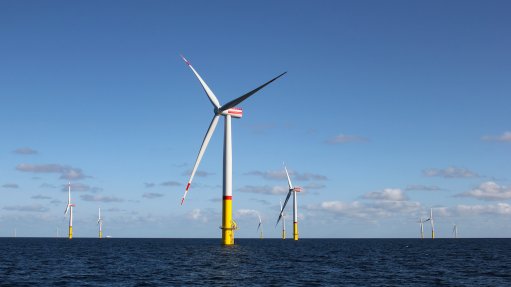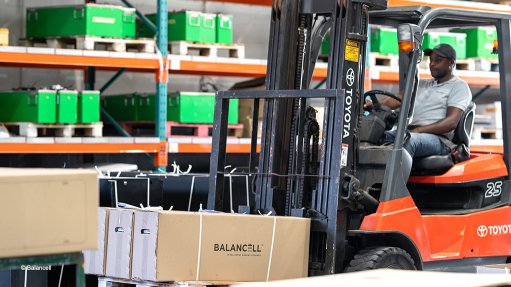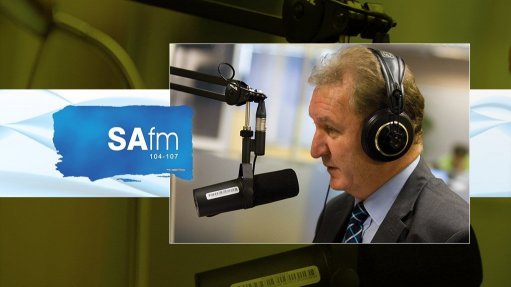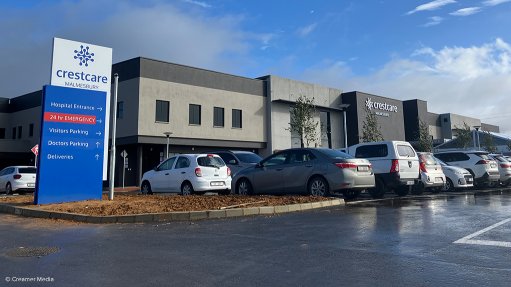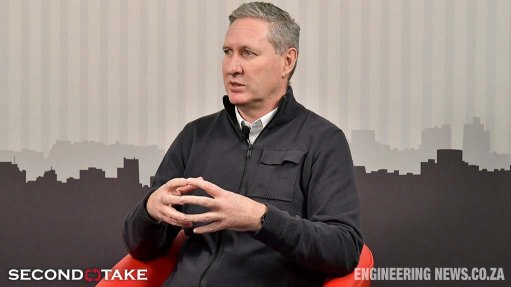'Bottom-up' BEE model widens group's shareholder base
Earlier in the year, Sasol issued shares to 300 000 new shareholders worth about R24-billion, after receiving overwhelming approval from existing shareholders on May 16, 2008, for the deal, Sasol chief executive Pat Davies has said.
Sasol's aim was to make the transaction as broad based as possible, as well as affordable and accessible, with Davies arguing that a deal was important not only for the transformation and sustainability of Sasol, but also for South Africa.
Deals such as Inzalo, he averred, contribute to the economic upliftment of South Africa's people, with the eradication of poverty and its consequent problems.
Sasol's offer related to 10% of its issued share capital and would be broken down as follows: 4% for its 27 000 employees; 3% to black members of the public; 1,5% to selected BEE groups; and 1,5% to the newly formed Sasol Inzalo Foundation.
The foundation, which has been described as an exciting empowerment innovation, was established to elevate and accelerate Sasol's programmes to develop skills and build greater economic capacity in historically disadvantaged South African communities.
To implement the transaction, Sasol repurchased 22 173 525 shares at an average price of R329,23 a share between March 2007 and June 2008, which represents 5,88 % of its issued share capital. The shares were then redistributed under the Inzalo transaction through a cash offer and a funded offer.
In the cash offer members of the public bought shares outright with their own money, benefiting from the discounted price.
Through the funded offer, members of the public used their money as a deposit to acquire shares, at the same discounted price as for the cash offer. The rest of the amount is financed by a loan. The deposit amount was 5% for shares numbering under 100 and 10% for more than 101 shares.
Shares numbering 2,8-million were available for the cash offer and 16-million were available for the funded offer. Sasol anticipated 200 000 applications for the transaction.
However, the cash offer was 13% over subscribed and the funded offer was three times over subscribed. For the whole public offering the cash offer attracted 15% of the overall requests and the funded offer 85%.
Each of the offers was split into two tiers, Sasol executive director Nolitha Fakuda explained. She said tier one provided a minimum of 50 shares to applicants who requested more than 50. Tier two then made provision for how many shares above 50 the applicants would receive.
The funded offer apportioned an average of 11,3% of an applicant's full share request on top of their minimum of 50. The cash offer's figure was 76,7% of an applicants request above 50 shares.
This ‘bottom-up' approach ensured that all applicants experienced the same basic benefits and ensured that richer black South Africans could not dominate the BEE programme.
Fakuda said that applicants would be refunded with interest if not all the money they paid was allocated to shares.
She said that women and women's groups cumulatively purchased 43% of the overall offer and that Sasol felt this was in line with one of its key drivers, which was the empowerment of women.
Forty-nine percent of the new shareholders were between the ages of 31 and 50 years, with 26% between 31 and 40 years of age. But one applicant, who was issued 123 shares, was 91 years old.
Ninety percent of the applicants requested less than 200 shares, an indication that a great majority of the requests came from people who would not normally invest in the corporate world, said Davies.
Individuals living in the Gauteng and Mpumalanga provinces requested and were issued the largest portions of the public offering , with individuals' from other provinces share roughly reflecting the provincial population distribution in South Africa.
Sasol employees and directors who applied through the employee scheme were not considered above members of the public. A small percentage of applications were not considered because they were completed incorrectly. Applications for less than ten cash shares and 25 funded shares were also not considered.
Sasol says the Inzalo BEE transaction is part of its drive to help South Africa's transformation and its efforts were in line with the Department of Trade and Industry's codes on broad-based BEE.
Its other BEE projects included a Sasol Mining empowerment transaction, which was designed to meet its Mining Charter obligations. This deal also focused on developing relevant skills and building capacity among women in the mining industry. The project had entered its second phase and is valued at R1,9-billion.
Sasol's procurement from BEE entities had increased by 7% to R4,5-billion, which is 25% of Sasol's discretionary spend. It says it procures about 85% of its fuel and spot crude oil requirements from BEE trading companies.
It has provided about 60% of its undergraduate bursaries to people from disadvantaged communities. It continues to make significant investment in education, health and welfare, and job creation.
Comments
Press Office
Announcements
What's On
Subscribe to improve your user experience...
Option 1 (equivalent of R125 a month):
Receive a weekly copy of Creamer Media's Engineering News & Mining Weekly magazine
(print copy for those in South Africa and e-magazine for those outside of South Africa)
Receive daily email newsletters
Access to full search results
Access archive of magazine back copies
Access to Projects in Progress
Access to ONE Research Report of your choice in PDF format
Option 2 (equivalent of R375 a month):
All benefits from Option 1
PLUS
Access to Creamer Media's Research Channel Africa for ALL Research Reports, in PDF format, on various industrial and mining sectors
including Electricity; Water; Energy Transition; Hydrogen; Roads, Rail and Ports; Coal; Gold; Platinum; Battery Metals; etc.
Already a subscriber?
Forgotten your password?
Receive weekly copy of Creamer Media's Engineering News & Mining Weekly magazine (print copy for those in South Africa and e-magazine for those outside of South Africa)
➕
Recieve daily email newsletters
➕
Access to full search results
➕
Access archive of magazine back copies
➕
Access to Projects in Progress
➕
Access to ONE Research Report of your choice in PDF format
RESEARCH CHANNEL AFRICA
R4500 (equivalent of R375 a month)
SUBSCRIBEAll benefits from Option 1
➕
Access to Creamer Media's Research Channel Africa for ALL Research Reports on various industrial and mining sectors, in PDF format, including on:
Electricity
➕
Water
➕
Energy Transition
➕
Hydrogen
➕
Roads, Rail and Ports
➕
Coal
➕
Gold
➕
Platinum
➕
Battery Metals
➕
etc.
Receive all benefits from Option 1 or Option 2 delivered to numerous people at your company
➕
Multiple User names and Passwords for simultaneous log-ins
➕
Intranet integration access to all in your organisation




